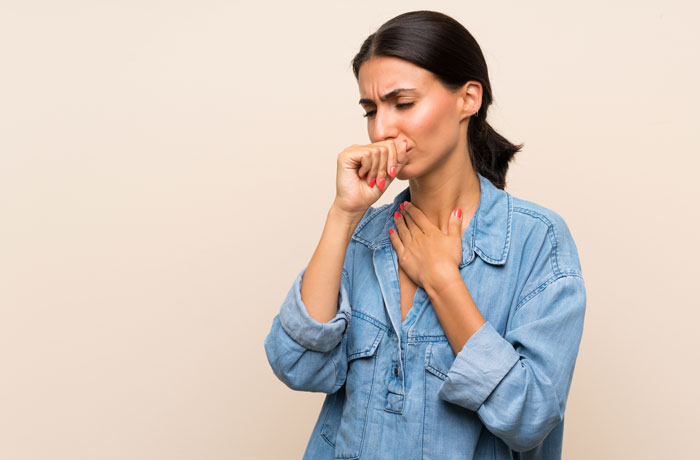
COVID-19 continues to spread in the U.S. and around the world. Currently, there is no vaccine to prevent this new strain of coronavirus.
“While more is understood about COVID-19 each day, there are still a lot of unknowns,” said Jason Myers, DO, Holland Hospital Family Medicine. “That’s why, along with protecting yourself from exposure to the virus, learning all you can about COVID-19 is important.”
As the flu season approaches, distinguishing COVID-19 symptoms from the common cold and influenza is a good place to start. Here’s a quick look at some symptom similarities and differences:
|
Symptoms: COVID-19 |
Influenza (flu) |
Cold |
The severity of COVID-19 symptoms can range from mild to severe. People with the virus can also be asymptomatic (show no signs of symptoms). If you’re experiencing these symptoms, or think you might have or have been exposed to COVID-19, learn more about our testing and virus response efforts. *Loss of smell/taste without congested nose has high predictive value for COVID-19, and is much less common with flu or colds. |
Unlike COVID-19 or the common cold, vaccination is a good way to prevent the flu. If you receive a flu shot and still get the flu, your symptoms will usually be milder than if you didn’t receive a vaccine. |
With patience and rest, most cold viruses go away on their own after a short period of time. The best defense against the common cold is your own immune system. |
“Despite having similarities, COVID-19 and your standard cold [also sometimes caused by a type of coronavirus] have some big differences, too,” Dr. Myers said. “Colds usually don’t result in serious health issues like pneumonia, hospitalizations or death, which is very different from COVID-19 or even the flu.”
According to the World Health Organization (WHO), influenza causes 290,000 to 650,000 deaths globally every year. As of July 24, COVID-19 claimed the lives of 146,596 people, with more than 4 million confirmed cases. How this virus affects people varies, with older adults and those with chronic diseases or compromised immune systems often faring worse. COVID-19 warrants vigilance because it can lead to severe health problems, but the good news is, the majority of people who contract it will recover.
Learn More
For more on COVID-19, go to https://www.cdc.gov/.
In your neighborhood and close to home, Holland Hospital’s pediatric, family and internal medicine specialists are focused on your health and wellness—delivering experienced and compassionate care for the entire family.